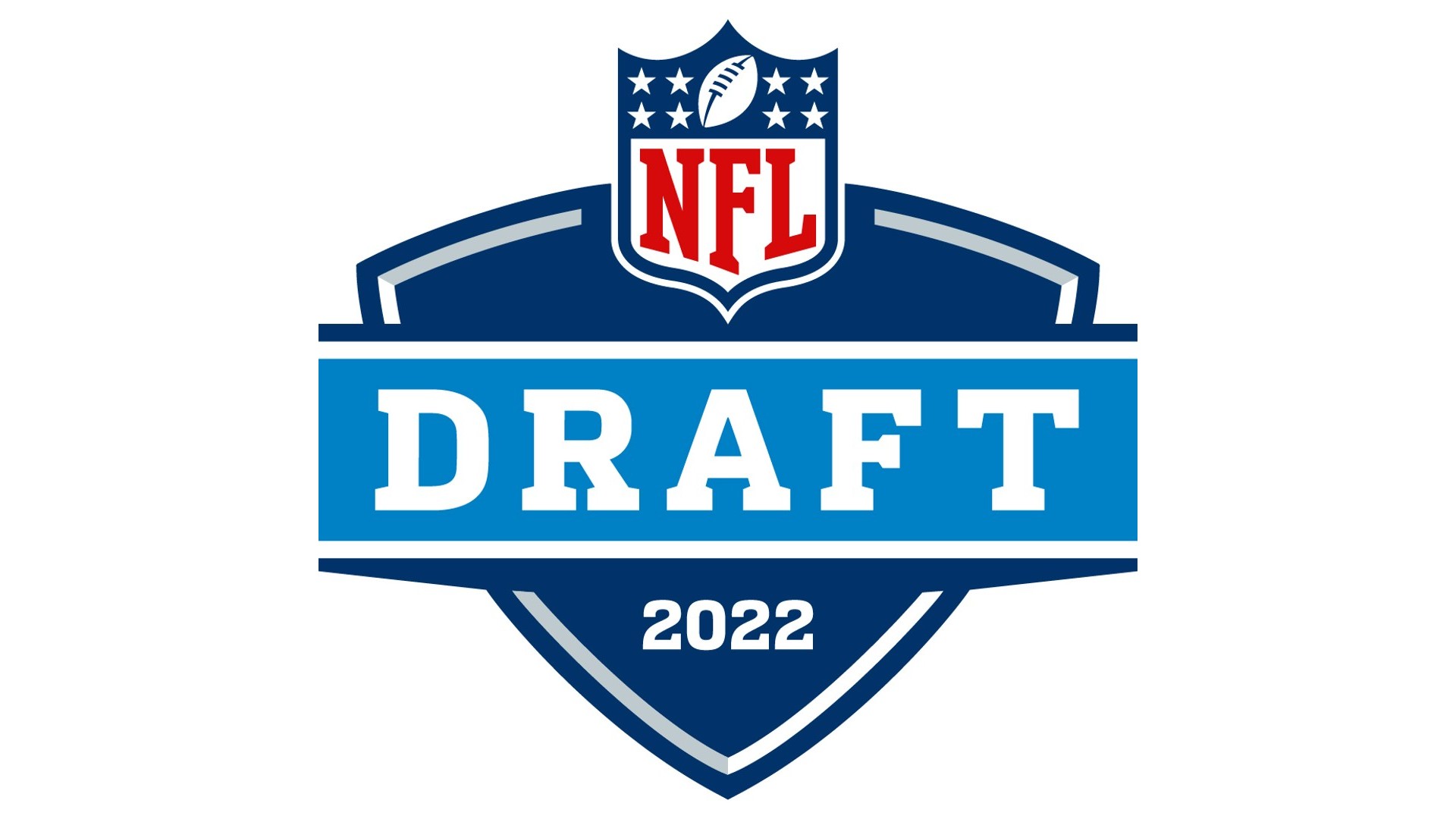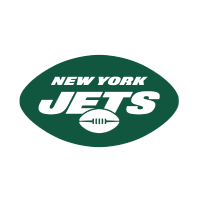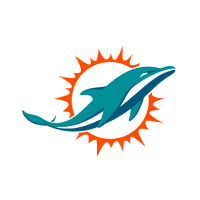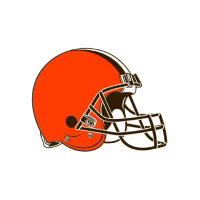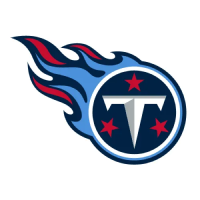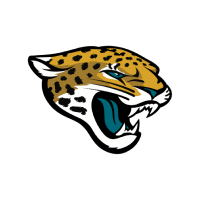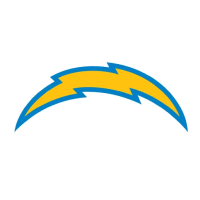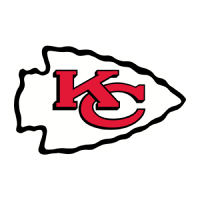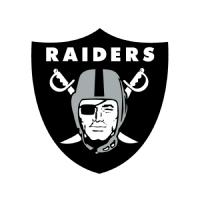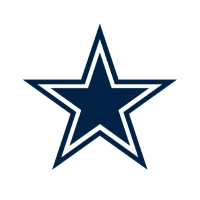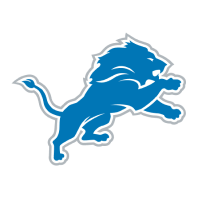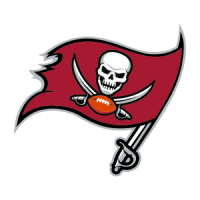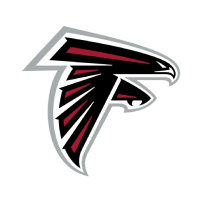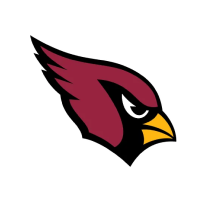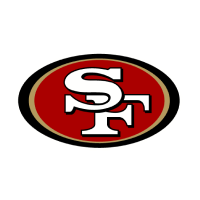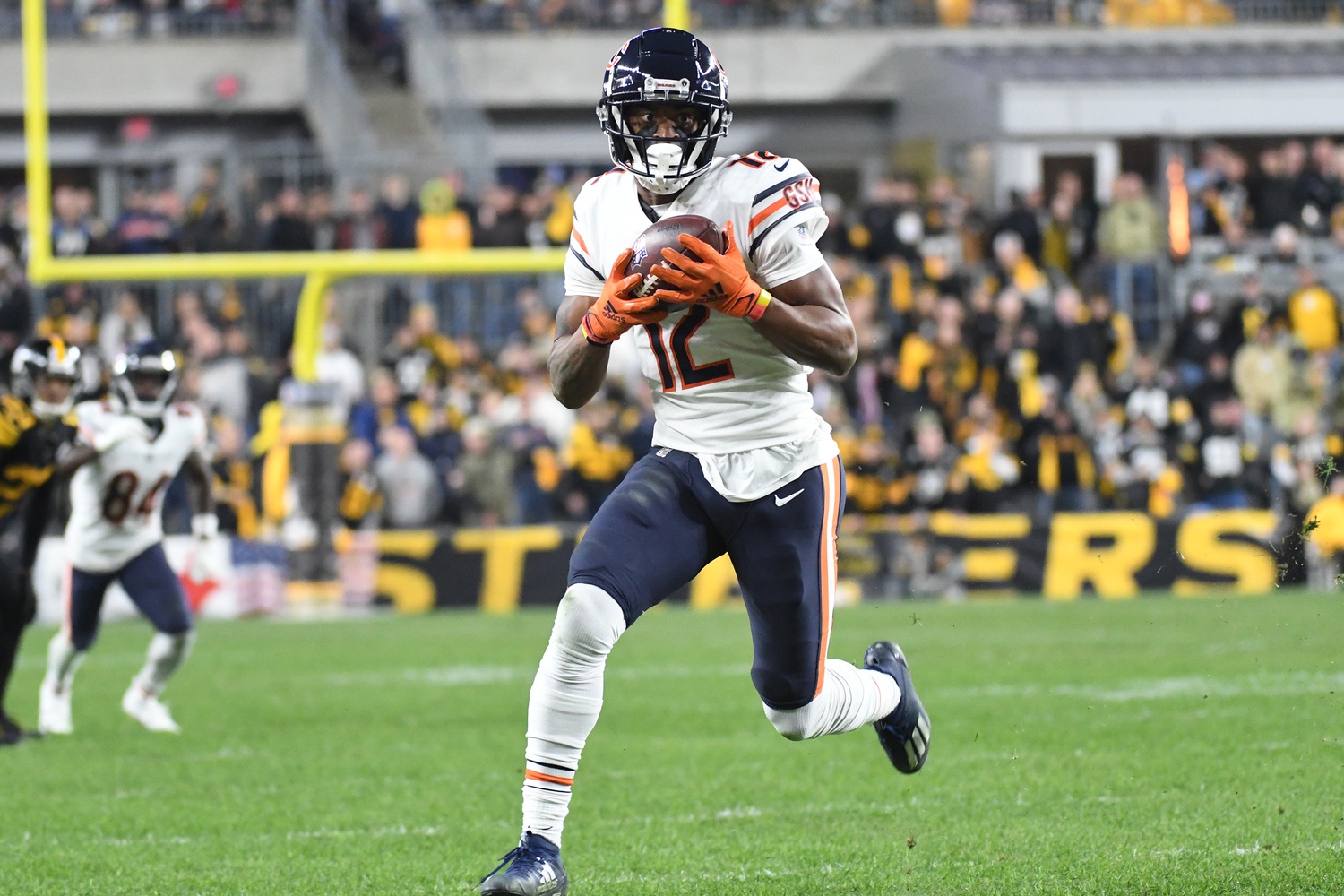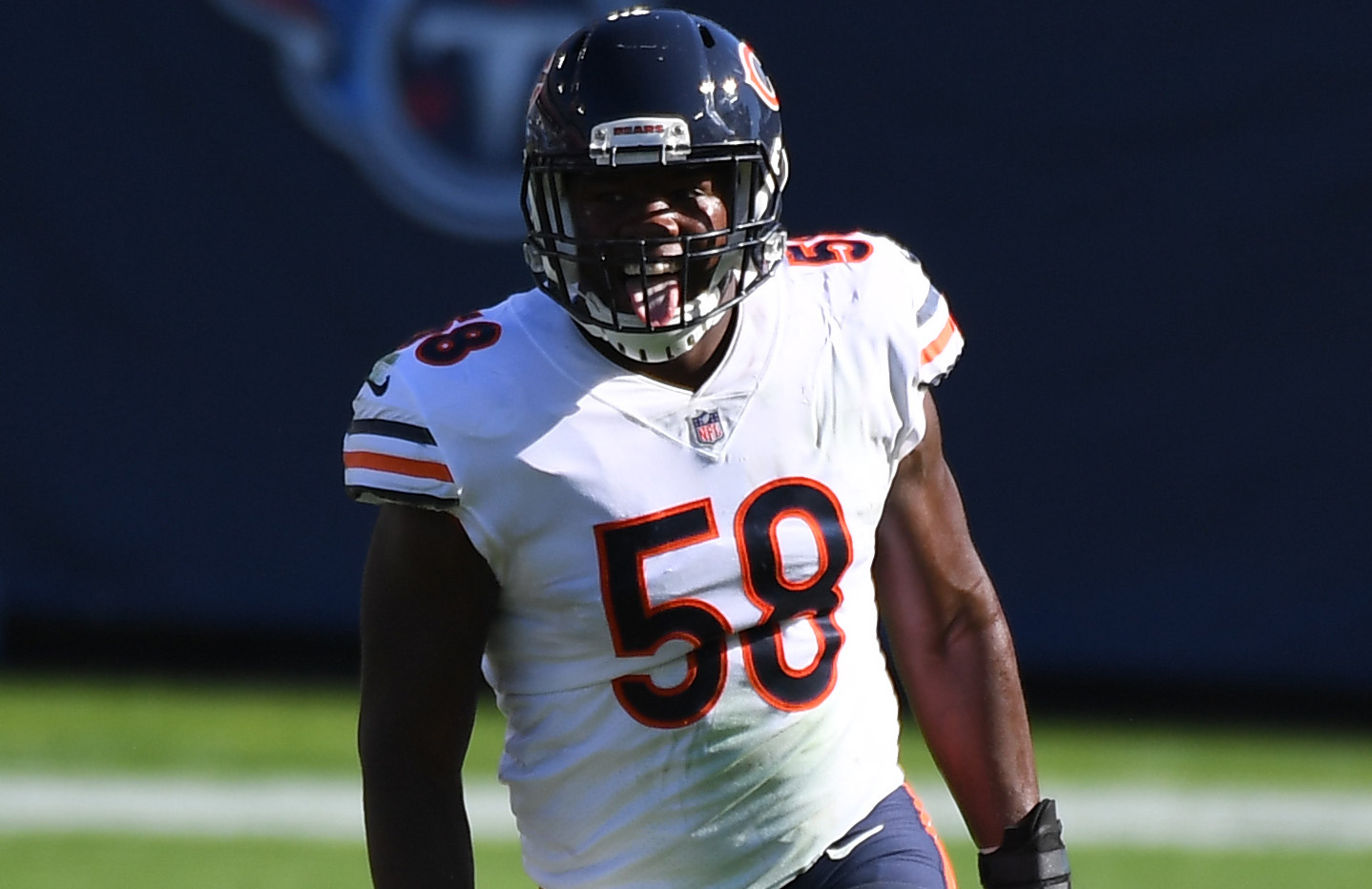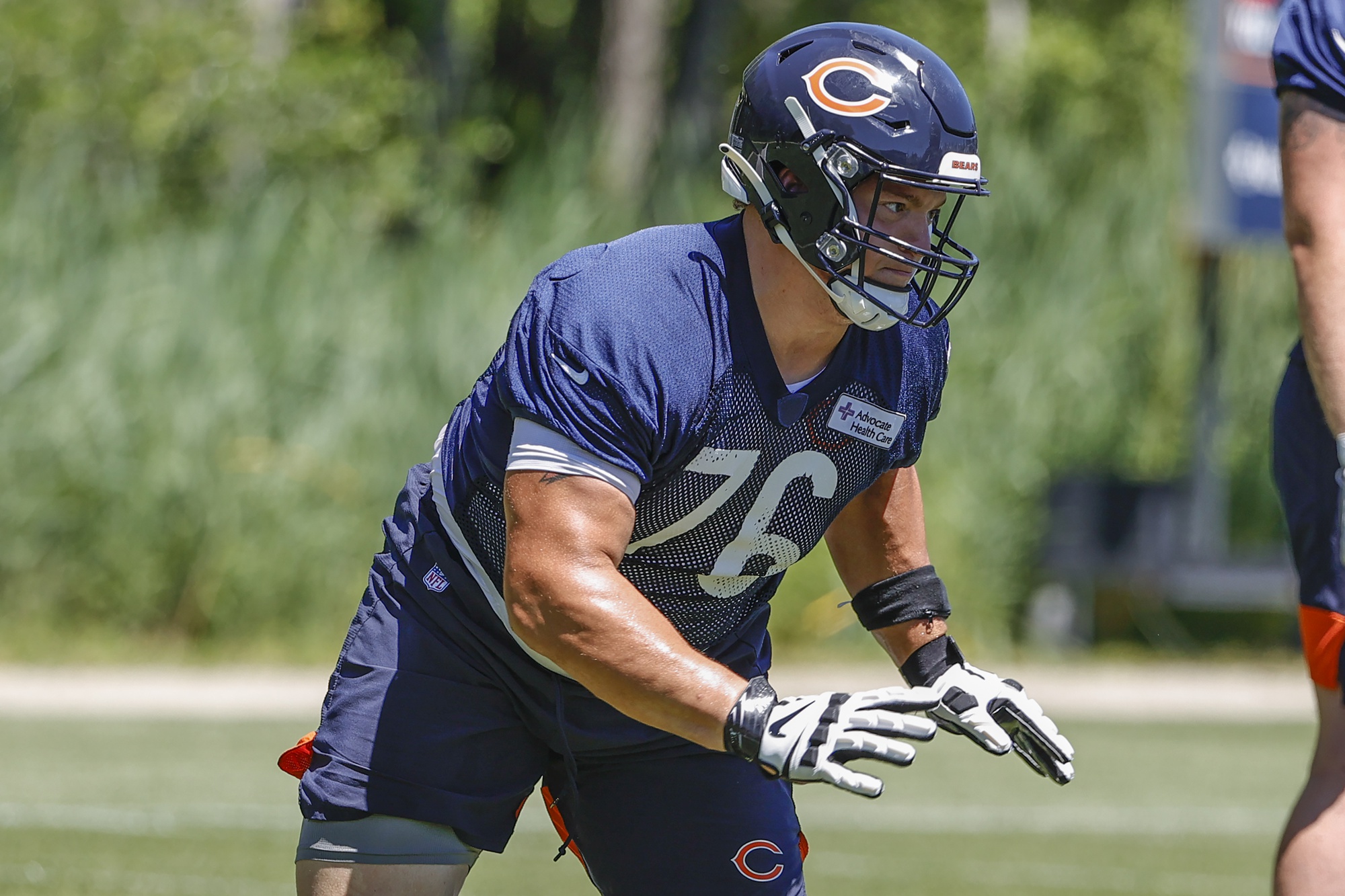Imagine for a moment that sometime in the middle of this March, Chicago Bears wide receiver Allen Robinson signs a massive unrestricted free agent contract with the Kansas City Chiefs. Or the Baltimore Ravens. Or, dare I say, the Green Bay Packers (I know they’re in salary-cap hell, but just play along). Any of those scenarios would be viewed as one of the biggest offseason moves in the NFL, so it begs the question: why are the Bears willing to let Robinson walk?
It’s easy to predict what the general response will be. After having the worst season of his career (38 catches, 410 yards, and one touchdown), Bears fans began calling out Robinson for his apparent lack of effort. It appeared he had given up on the season and was counting down until his contract in Chicago officially expired. And while his end-of-year stats certainly strengthen that argument, I find it laughable to believe a player with Robinson’s track record of leadership and production would just… check out.
Instead, it felt like something else was at play all season. Darnell Mooney’s ascent to the WR1 role appeared intentional rather than the byproduct of his natural development. Don’t get me wrong, Mooney took a step forward in his game in 2021, but the number of targets he received—compared to Robinson—is hard to ignore. Mooney had 140 targets. Robinson? Just 66. To be fair, Robinson did miss five games with injury, but even if he was healthy, his rate of targets per game would’ve resulted in just 93 on the year.
It was a massive shift in the wide receiver pecking order after Robinson posted back-to-back seasons with 150-plus looks in the Bears’ offense. Even in 2020, Mooney’s first season in the league, Robinson led Chicago’s pass-catchers with 151 targets. Mooney had just 98.
Blame Robinson as much as you wish, but numbers don’t lie. And with Robinson playing on an expiring contract last year, it’s certainly logical to assume the Bears didn’t want to develop a chemistry with their prized rookie quarterback and a wide receiver who wouldn’t be around come 2022.
The signs were apparently there even before the season began. Robinson, who appeared on Steve Smith Sr.’s “Cut It Up” podcast, said former Bears coach (that feels good to write) Matt Nagy ghosted him at the end of the 2020 season. There wasn’t an exit meeting. No end-of-year conversation. No outlook for what lies ahead in 2021. Absolutely nothing.
Unprofessional would be a polite way to describe Nagy’s actions, assuming they’re true. Calculated would be another. Maybe Nagy knew all along—in concert with former general manager Ryan Pace (that felt good to write, too)—that Robinson was on borrowed time. And, yeah, Nagy is a high-character guy who doesn’t come across as a coach who will misrepresent a team’s plans to one of his players. So, rather than tell Robinson that they don’t envision a long-term contract coming anytime soon, he just… ghosted him.
“I was a pending free agent at that point,” Robinson told Smith Sr. ”I didn’t know which direction they were wanting to go, either way or not. So for me, I’m waiting for that exit meeting so we can talk about this thing. Like, what do you all see, or think, in the foreseeable future, just to give me an idea. So for me if it’s supposed be a Zoom link sent out to me, cool. Alright, I’m waiting for that Zoom link so we can chop it up and see what’s up. Even from a football side, from how do we improve next year? A week go by, no Zoom link. Two weeks, no Zoom. Now January, we’re into February, nope.”
Incredible. Unbelievable. Yet, completely on-brand for the former regime in Chicago.
Now, the Bears have a chance to wipe the slate clean. General manager Ryan Poles and head coach Matt Eberflus can evaluate the roster with a fresh set of eyes and assess which players, including Robinson, must be re-signed.
Consider the alternatives. Mike Williams (Los Angeles Chargers)? Chris Godwin (Tampa Bay Buccaneers)? Michael Gallup (Dallas Cowboys)? Those are three players either coming off of a major injury or flagged with a major injury history. There’s always Davante Adams, too, but his price tag will likely make Robinson’s market value look like a bargain.
If we view Robinson’s 2021 season as an outlier and focus instead on his dominance over the 2019 and 2020 seasons, there are few players at his position who offer his combination of traits and ability to impact the outcome of a game. He’s just 28 years old and an established playmaker. And with the Bears’ lack of any quality receivers aside from Mooney under contract this offseason, bringing Robinson back should be a priority. It’s actually bizarre that it isn’t.
“Up until an hour before the franchise tag deadline, I thought I was going to be a free agent,” Robinson said of the 2021 offseason. “I didn’t know if they wanted me to continue to lead. So for me, I wasn’t gonna call them and ask them, ‘Do you all want me toー like, what’s up? What’s your plan? Do you want me to lead?’ Because to me, it felt like their message was clear. It wasn’t like I said I was going to call this person and didn’t. To me, I didn’t know if they wanted me to lead or not, and once the time progresses, I never get that Zoom link. Me and coach never get to chop it up.”
The ‘they’ Robinson is referring to is no longer employed by the Bears. They no longer have offices at Halas Hall. And most importantly, they’re no longer making roster decisions. Those guys are gone, and before Chicago loses one of its best all-around players, the new Ryan and Matt need to make sure they don’t repeat the mistakes of the old.
Filed In
Related Articles
NFL
Roquan Smith Betting On Himself; Should He Be?
- Aug 22, 2022
NFL
Can Teven Jenkins Solidify Bears’ Starting RG Spot?
- Aug 18, 2022
Written By
